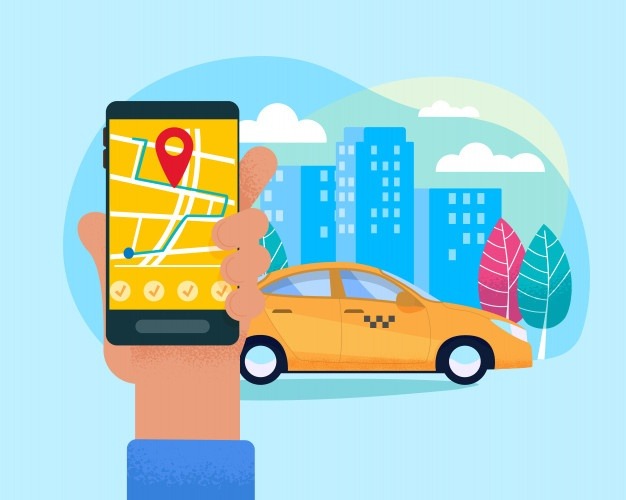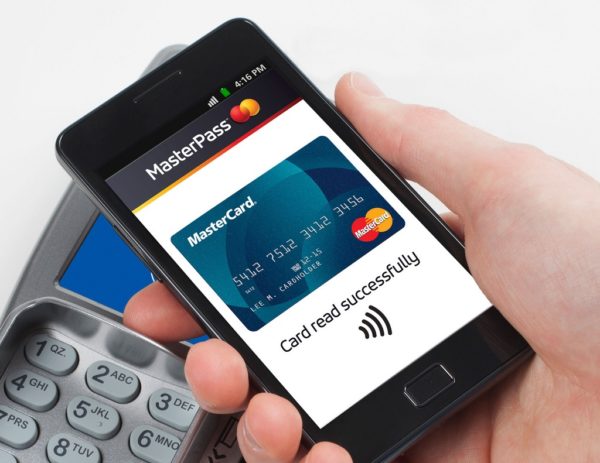An economic model redesigned by uberisation
What is uberisation?
Formed from the name of the famous company Uber, the term “ubérisation” refers to a recent phenomenon by which a new model from the digital economy threatens an old from the traditional economy. Specifically, it is a service that connects providers and customers almost instantaneously, without the need to go through an intermediary. How it works ? Quite simply, thanks to the use of new technologies, particularly digital platforms.
Uber, leader of VTC applications
Airbnb, “the starting point of unforgettable journeys”
Who has never thought of renting his apartment to finance his vacation on the other side of the world? Airbnb, he thought about it. In competition with the traditional hotel industry, the Californian company rethinks, too, the traditional model by uberizing the tourism sector. Created in 2008 by Brian Chesky and Joe Gebbia, this paid community platform allows rental and reservation of homes between individuals. The principle is simple: the user connects to the interface and enters the place of the desired destination (city, country …). Then, a series of housing ads (sorted by category and price) posted by other individuals and corresponding to its criteria appears. The user then only has to book directly online! The San Francisco-based company is enjoying great success in France. While the capital sees its number of convictions for illegal leases rise sharply, the site has made Paris its first “Airbnb city” in the world. For its part, the hotel industry deplores a drop in its level of attendance and accuses, of course, the community platform, which now has big names in the sector among its competitors like the AccorHotels group. After raising $ 119.8 million in 2011, the company made a new round four years later for an amount close to $ 20 billion, before returning the cover several times and reaching an estimated value of 31 billions of dollars.
Carpool with BlaBlaCar
Again, uberization seems to have hit. Connecting drivers and users seeking a means of transport to go from such to such a place: this is the challenge raised by BlaBlaCar (formerly Covoiturage.fr, ed) thanks to its community platform. More simply, the service connects people from point A to point B. The little plus? Create a link with those with whom we share the journey. Founded in 2006 by Frédéric Mazzella, the unicorn “made in France” stands as the world leader in carpooling and now has a presence in 22 countries. Free for a number of years, the linking platform paid off in 2011 and, four years later, raised $ 200 million, or € 177 million, in addition to the $ 10 million raised in 2003. 2012 and 100 million in 2014. Valued today to more than a billion and a half dollars, the no.1 carpool site in France has more than 500 employees and has 60 million members, a quarter of which is in France. La France. By bringing together in this way, drivers more or less casual and users, finished the TGV and hello car private. The SNCF has also decided to go on the offensive by posting its “low price” offers (TGV Max, TGV Ouigo …) and long distance coaches seem more and more coveted. All these reasons why BlaBlaCar turns out to refine its offer by focusing on door-to-door journeys thanks to an algorithm that automatically offers meeting points on the road of drivers.







